Feb 19
2026
Heroes of Tomorrow: Hidden Potential—Battle supervillains at a superhero academy!
Posted by: Mary Duffy | Comments (91)
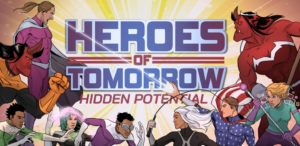 We’re proud to announce that Heroes of Tomorrow: Hidden Potential, the latest in our popular “Choice of Games” line of multiple-choice interactive-fiction games, is now available for Steam, Android, and on iOS in the “Choice of Games” app.
We’re proud to announce that Heroes of Tomorrow: Hidden Potential, the latest in our popular “Choice of Games” line of multiple-choice interactive-fiction games, is now available for Steam, Android, and on iOS in the “Choice of Games” app.
It’s 40% off until February 26th!
At our superhero academy, you’ll lead a team of teen heroes to battle supervillains! Will you fulfill your heroic legacy or forge your own path?
Heroes of Tomorrow: Hidden Potential is an interactive superpower novel by Eloy Lasanta, where your choices control the story. It’s entirely text-based, 600,000 words and hundreds of choices, without graphics or sound effects, and fueled by the vast, unstoppable power of your imagination.
Welcome to Evos Academy! As a member of the next generation of superheroes in a world where comic books record the deeds of real-life heroes, you don’t pass your classes by writing the correct answers on a paper; you do it by defeating a swarm of super-science automatons in front of a stadium full of cheering fans.
Develop your powers, practice working as a team with your classmates, and develop your own distinctive style while you learn from the greatest heroes that Earth has ever seen: valiant Gladiator, super-gadgeteer Gearhead…
…and, oh yeah, your mom.
Hardly anyone knows that you grew up as the sidekick to your mother, the famed hero known as The Cloak, keeping your gritty metropolis safe from the world’s worst villains. Some of your classmates are grappling with a legacy of power, too: Paragon’s father is the mighty hero Brilliant, and Red Claw’s mother is the villain Destroya. Each of you must choose what kind of hero you want to be. Do you want to be like your heroic parents, or do you want to blaze your own trail?
The choices just keep getting harder when it becomes clear that there’s more than your average supervillainy going on. Who keeps breaking into Evos Academy’s supposedly ultra-secure campus, and why? Why are your powers acting so strangely? What is the voice that whispers to you in your dreams? Why are all the villains’ plots suddenly focused on you? And what will you do when you discover that some of your idols aren’t so heroic after all?
- Play as male, female, nonbinary, or genderfluid; gay, straight, bi, or asexual.
- Choose your superpowers—elemental control, energy manipulation, super-physique, beast powers, or telekinesis—and customize your super-suit!
- Romance or befriend a demon seeking redemption, a clever thief with a mysterious client, a powerful mage-in-training, or an already-famous heroic icon.
- Protect the city and become the people’s hero, or let the world burn!
- Banter with your foes, build super-tech gadgets, or let your fists do the talking!
- Fight alongside—or against—your classmates and mentors in brutally high-powered action battles!
- Battle supervillains that teleport, shapeshift, summon lava from volcanos, and turn the world into a videogame!
- Uncover the secrets that the heroes have been keeping from you about everything—even about yourself!
Can you defeat criminals, cultists, demons, and midterms?
We hope you enjoy playing Heroes of Tomorrow: Hidden Potential. We encourage you to tell your friends about it, and recommend the game on Facebook, Twitter, Tumblr, and other sites. Don’t forget: our initial download rate determines our ranking on the App Store. The more times you download in the first week, the better our games will rank.

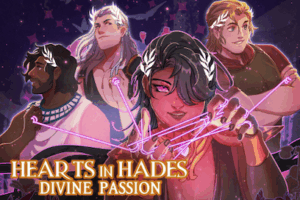
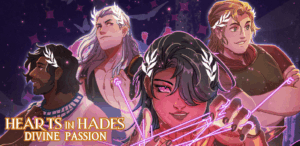
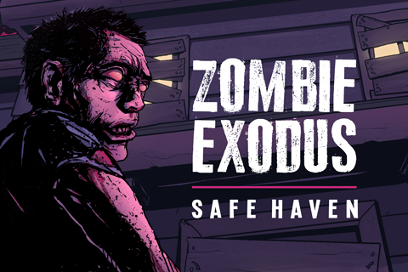
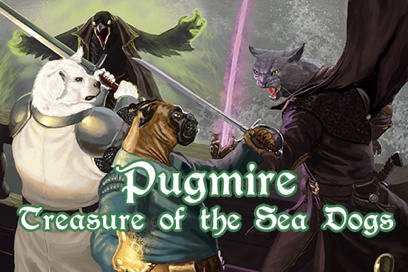


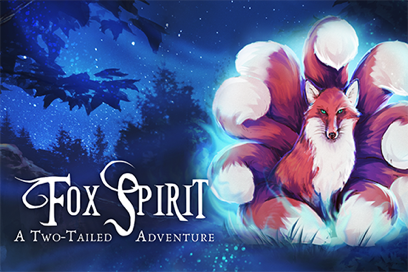
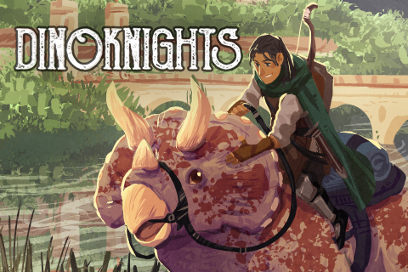


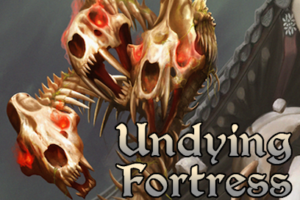
 Steam
Steam Twitter
Twitter Facebook
Facebook Tumblr
Tumblr RSS Feed
RSS Feed

